Description
About the book
In late 2016, Oxford Declare “post-truth” as the word of the year, defining it as “relating to or denoting circumstances in which objective facts are less influential in shaping public opinion than appeals to emotion and personal belief. The authenticity of information has become a long-standing issue affecting businesses and society for both printed and digital media. On social networks, information dissemination and its impact are so rapid and amplified that distorted, inaccurate or inaccurate information, for millions of users, achieves tremendous potential to create real-world impact within minutes. Misinformation on social media platforms or the spread of fake news has become a serious problem. In 2017, when the BBC future interviewed a panel of 50 experts then, Wired magazine co-founder Kevin Kelly said, “The major new challenge in reporting news is the new shape of truth.” “The truth is no longer decided by the authorities, but created by peers. There is retaliation to every fact and all these counter-claims and facts online look the same, which is confusing to most people.
Through this book we want
Topics of Interest for the book may be related, but not limited, to the following themes:
· Fake news: Challenges and Opportunities
· Fake News in Digital Media
· Political and Social Impact of Digital Fake news in an era of Social Media
· Fake news and Critical Literacy in the digital age
· Media Literacy and Misinformation
· Disinformation in Political Scenario
· Fake News and the Public Sphere
· Fake News, Misinformation, and Disinformation on social data
· Deepfake or Synthetic Media: New threat to Social Media
About the author
Sayantani Roy, (MPhil, PhD) is currently employed as Assistant Professor, at the School of Journalism and Mass Communication, AURO University, Surat, Gujarat. Email: srsayantaniroy@gmail.com.

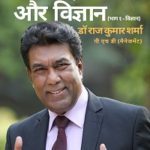
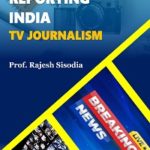
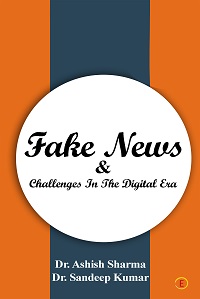

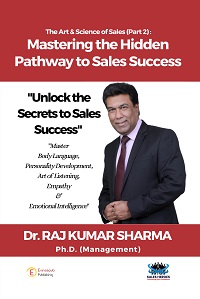
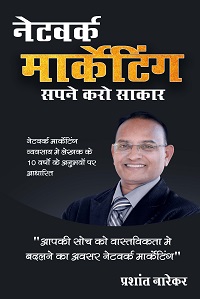
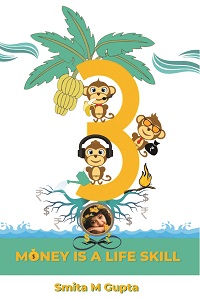
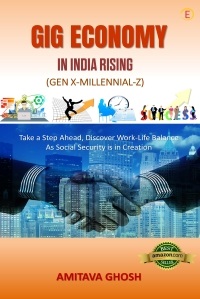 GIG ECONOMY IN INDIA RISING
GIG ECONOMY IN INDIA RISING
Reviews
There are no reviews yet.